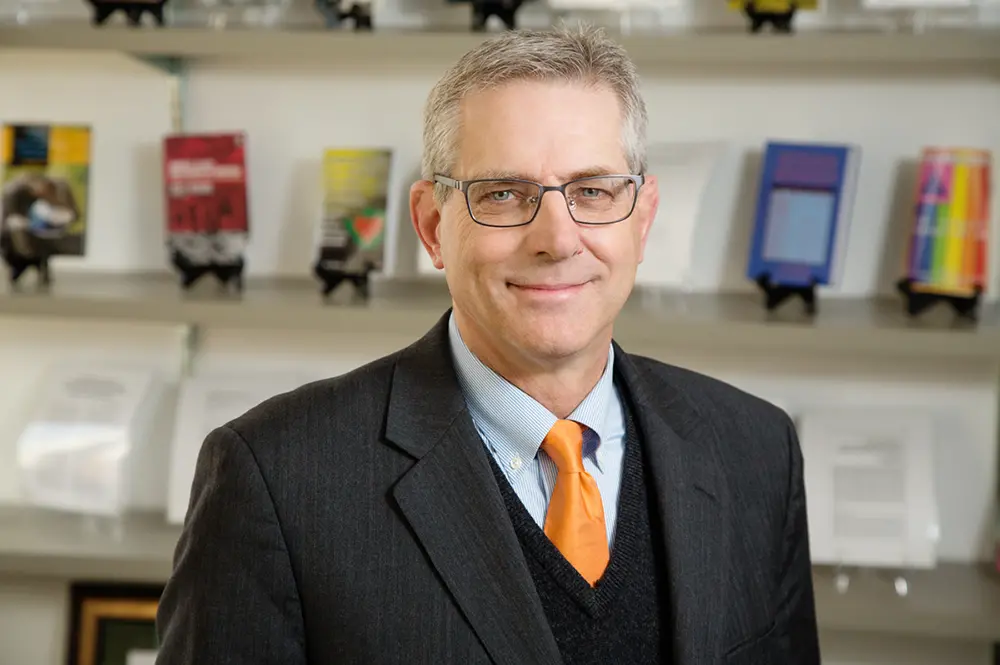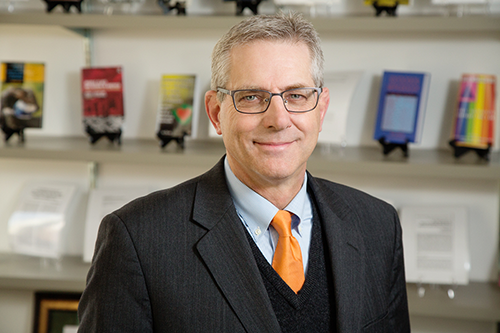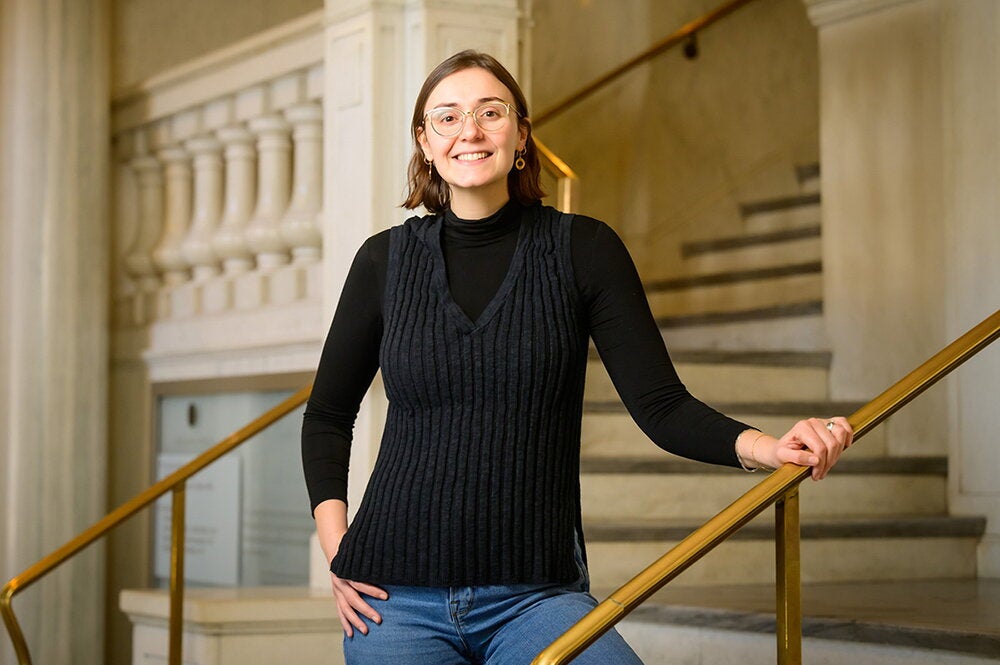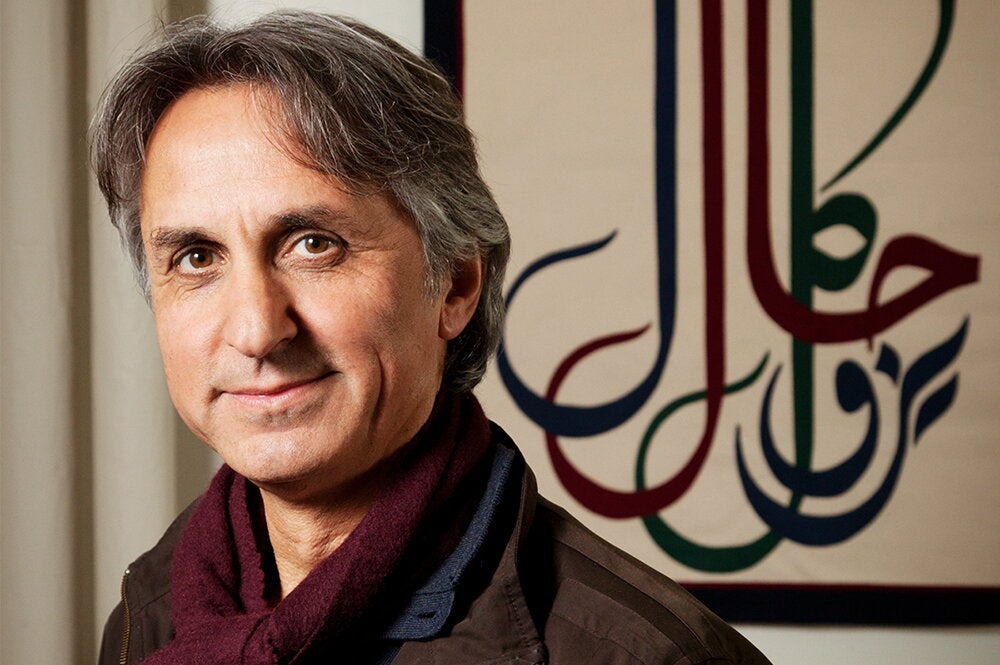

Social media users encounter misinformation online every day, but how do they recognize it? How do they know what to believe? Kevin Leicht, a professor of sociology, and his colleagues are combating the vital issue with new research methods.
The team has received a grant from the National Science Foundation (NSF) and a Science Teams grant from the Discovery Partners Institute to better understand—and prevent—misinformation on social media.
"We are studying the effects of misinformation labeling by social media platforms on the spread of misinformation regarding COVID-19,” Leicht said. “We are engaging in research and development to create new tools for fighting social media misinformation that is independent from social media platforms.”
The misinformation labeling tool, created by Leicht and his team, enables a warning to viewers that a social media post may contain misinformation. “It turns out that labeling social media posts actually reduces the sharing of them,” Leicht said.
The NSF grant, titled “Tracking and Network Analysis of the Spread of Misinformation Regarding COVID-19,” is helping the researchers conduct a network analysis of the spread of COVID-19 misinformation on Facebook and Twitter, and focuses on the effects of labeling social media posts.
The Discovery Partners Institute Science Team grant, titled, “Developing Easy-to-Use Application-Based Software to Combat Social Media Misinformation – a Multi-Disciplinary Collaboration,” includes researchers from UIUC, National Center for Supercomputing Applications, the University of Chicago, and Argonne National Laboratory. Their goal is to track and analyze dubious and false information spread regarding COVID-19, provide up-to-date information on the networks through which false information is spread, and provide scientists and policy makers with potential places to concentrate their efforts to mitigate the effects of misinformation as the pandemic unfolds.
The research by Leicht and his colleagues has been noticed. The U.S. House of Representatives Committee on Science, Space, and Technology invited Leicht to testify in a hearing on the “Disinformation Black Box” to discuss his research findings earlier this fall. The committee deals with non-defense federal scientific research and development, including social media research. The hearing can be viewed here.
“My major message, echoed by the other witnesses, was that there is no real social media research infrastructure of the kind you see in surgery research, the agencies that collect government statistics, or the publicly funded research infrastructure projects in astronomy or microbiology,” Leicht said. “Researchers are afraid of offending the social media companies and don't have any access to the algorithms, AI programs, and the overall ‘black box’ that determines what average users see. For something as widespread and impactful as social media, that's not a good place to be in for researchers, policy makers, or the general public.”
The discussion at the hearing was an important step in taking steps to mitigate the spread of misinformation on social media, Leicht said. He added: “I thought the hearing went very well and I think my testimony put not only our project, but University of Illinois Urbana-Champaign on the map as a place where researchers are making significant progress studying social media.”


